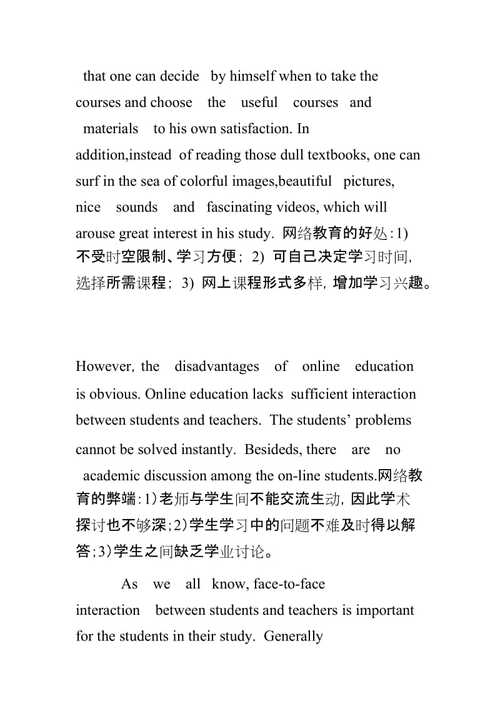Education is the key to unlocking one's potential and shaping a better future. It is not merely the acquisition of knowledge, but a transformative journey that empowers individuals to think critically, communicate effectively, and contribute meaningfully to society.
At its core, education serves to cultivate a well-rounded individual who is not only proficient in academic subjects but also possesses essential life skills. It is about nurturing creativity, fostering curiosity, and instilling values of empathy and resilience. Education equips individuals with the tools to navigate the complexities of the world and adapt to ever-changing circumstances.
Educators play a pivotal role in shaping the minds of the future generation. They are not just disseminators of information but mentors who inspire, guide, and support students in their learning journey. A good educator goes beyond the curriculum to ignite a passion for learning, encourage critical thinking, and cultivate a growth mindset in their students.

Despite its importance, education faces numerous challenges in today's society. Disparities in access to quality education, outdated teaching methods, and lack of resources are some of the issues that need to be addressed. It is crucial to create an inclusive and equitable education system that caters to the diverse needs of all learners.
To enhance the effectiveness of education, it is essential to promote innovation in teaching practices, integrate technology into the learning process, and provide professional development opportunities for educators. Collaboration between schools, parents, and communities is also key to creating a supportive learning environment for students.
Education is a powerful tool that has the potential to transform individuals and societies. By recognizing the true purpose of education, supporting educators, addressing challenges, and implementing reforms, we can create a more inclusive, equitable, and effective education system that empowers learners to thrive in the 21st century.